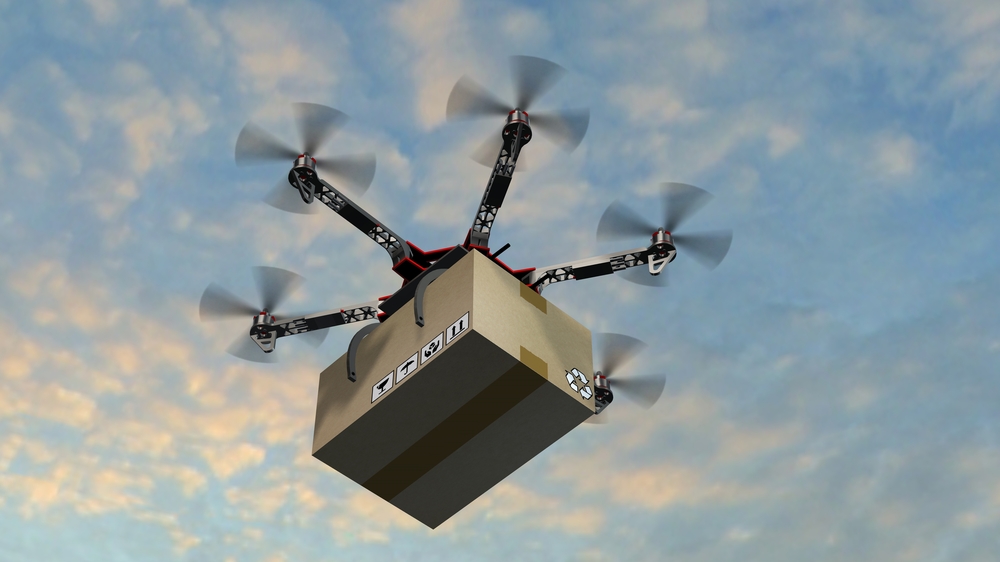The concept of drone deliveries is still in the early stages in most locations around the world. That situation is slowly changing in Iceland, as a local company will continually use drones for small deliveries moving forward. Aha has been experimenting with this technology for quite some time and is now the first business to announce it will rely on drone delivery for the foreseeable future.
Iceland Embraces Permanent Drone Delivery Solutions
It is not entirely surprising to see Iceland embrace drone delivery services right now. Quite a few companies around the world are experimenting with a similar concept, but no one had officially committed to this technology just yet until now.
That is not entirely surprising given the lack of clear regulation related to drone delivery services. The situation in Iceland is not clear-cut by any means either, but it does not appear there is any official opposition to companies willing to embrace this technology in the early stages. Now that Aha is making drones a permanent part of its delivery service, it is only a matter of time until we see more companies embrace drone technology. This may lead to more regulatory measures in the future, which is not necessarily beneficial.
It is also worth mentioning that Aha uses drones developed by local company Flytrex to deliver freshly cooked meals to customers. For the time being, the drone delivery service is only available in the Reykjavik region, although it is certainly possible an expansion to other parts of Iceland would be on the agenda as well. Using a traditional delivery service would take at least twenty minutes per shipment, depending on traffic. A drone delivery, on the other hand, cuts down the delivery time to just four minutes tops.
Although the company has no plans to introduce at-home deliveries anytime soon, it will send its drones to central pickup points. At that location, a delivery driver will pick up meals and distribute them accordingly, benefiting from the faster transport time provided by the drones themselves. Not only will this result in speedier deliveries of meals, it could also help reduce overall costs, which is beneficial to both the company and its clients alike. Customers will not pay an additional fee for drone delivery.
Neither Aha nor Flytrex have issued any statement regarding the “limitations” of drone delivery services. Iceland is not necessarily the best place for this technology due to climate change and horrible weather affecting the region more often than not. Then again, there are a fair few drones which can withstand strong winds and even light rain whenever needed. It is unclear how such factors will affect this delivery service in the future, but Aha seemingly does not expect any major problems.
It will be interesting to see if Iceland sets a precedent for the rest of the world when it comes to drone delivery. After all, companies all over the world are experimenting with this technology as we speak, but no one has made any major progress just yet. Most companies focusing on this technology are based in the U.S., where the regulatory climate does not favor drone deliveries unless companies pay for expensive licenses and hope the concept does not get banned altogether. Iceland may be the place to be when it comes to drone delivery moving forward.

